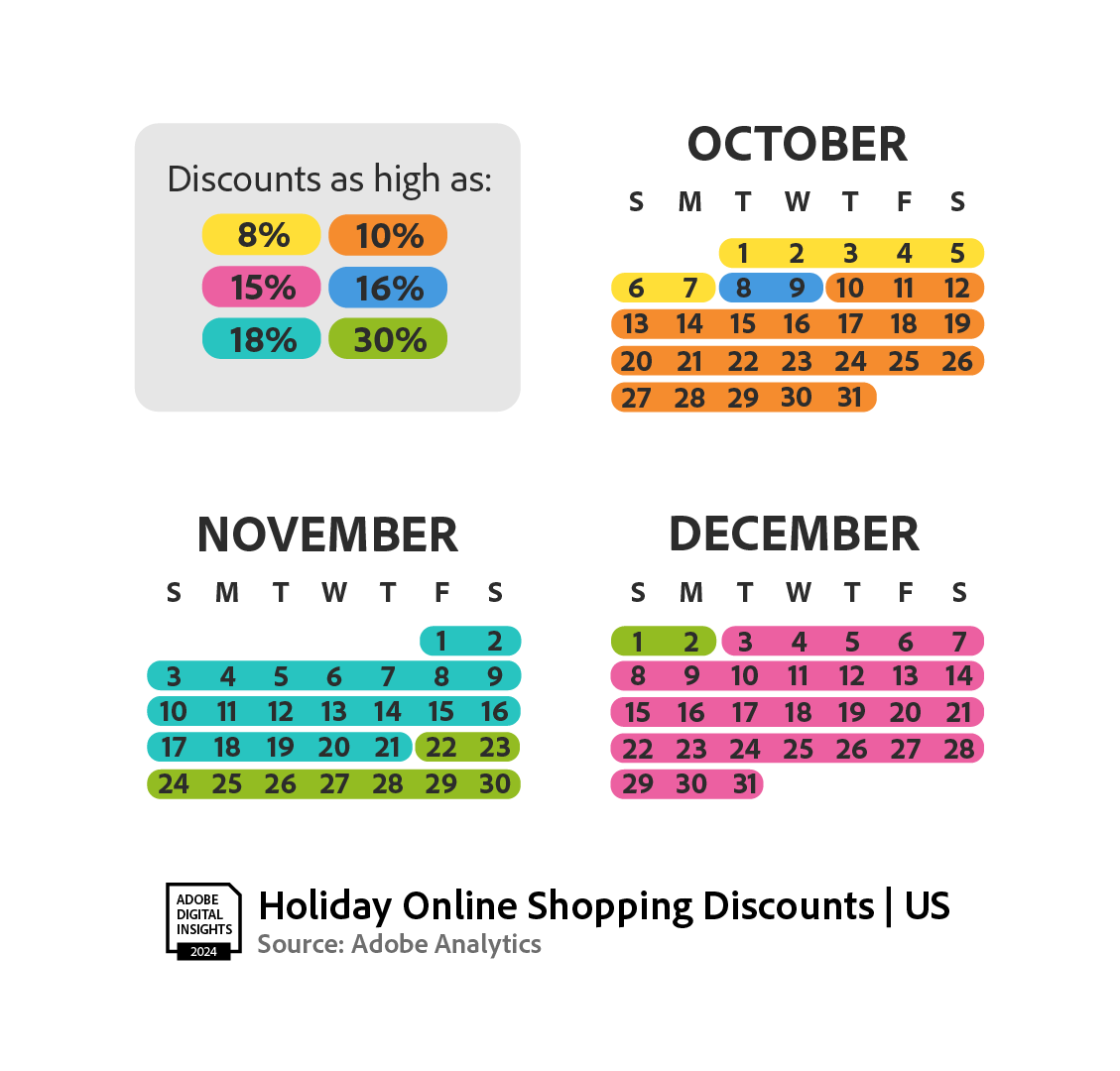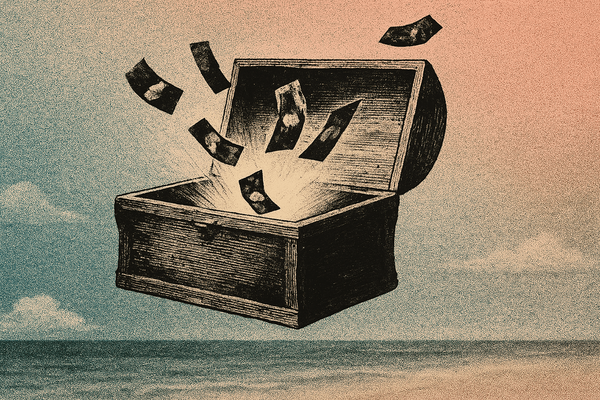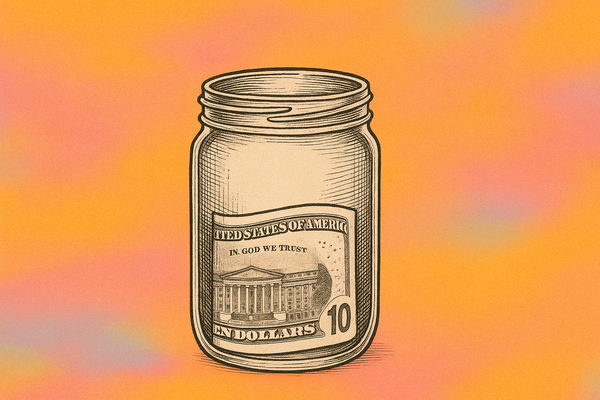2024 Black Friday Shopping Guide: Start With A Plan & Come Out With a Good Deal

Black Friday (November 29) and Cyber Monday (December 2) can be a prime time to snag deals, whether you’re looking for high-end headphones or tackling your holiday shopping list. However, these days can also feel overwhelming, with endless offers and limited time to sort genuine bargains from mere marketing ploys.
Fear not, though. With this guide, will help you understand what to buy, how to identify real savings, and when to step away. Let’s dive in.
Why Black Friday Often Has the Lowest Prices
Black Friday is when retailers clear out inventory to make room for new products. Electronics, home goods, and apparel are typically discounted at levels you won’t see any other time of year. That said, some discounts are more hype than substance—prices might appear lower simply because they were inflated earlier. Do your research: tracking prices in advance can help separate real savings from marketing tactics.
Needs vs. Wants: Finding the Right Balance & Budget
Shopping on Black Friday requires focus. Start with a list of what you genuinely need —whether it’s a replacement laptop, a winter coat, or gifts for family — and set a budget for those essentials. Then, allocate a portion of your budget to non-essentials that offer lasting value. Splurge selectively, focusing on items that will add value to your life rather than clutter to your home.
Unsure about a high-cost item? Give yourself time to think. Our general rule is if you need a pros and cons list to decide, simply take a pass. Many products that seem urgent now will still be discounted after Christmas or during post-holiday sales. It’s rarely worth buying something you’re undecided about.
How to Recognize a Real Deal
Retailers are skilled at making every sale look enticing, but not all discounts are created equal. Price comparison tools like CamelCamelCamel and Google Shopping can check whether discounts are genuine. Also, don’t overlook shipping costs, taxes, or any add-ons that could inflate the final price.
But the sales over Black Friday and Cyber Monday are no joke. According to Adobe Analytics data, discounts over Black Friday and Cyber Monday will be the highest of the season, reaching over 30%.

Beware of Fake Reviews
Customer reviews can be helpful, but not all are trustworthy. Fake reviews are common, particularly on major online platforms. So, beware that the product with +1000 4.5* reviews might not be all that it seems.
Stick to trusted sources like Wirecutter, Consumer Reports, and ThingTesting (for smaller brands). You can also rely on tools like Fakespot, which analyzes reviews, product and seller info, and other aggregate data to help you identify fake and unreliable reviews.
Small Business Saturday: Supporting Small
While big-box stores dominate Black Friday, Small Business Saturday (November 30) offers its own charm. Discounts may not be jaw-dropping, but the quality and thoughtfulness often justify the price. Plus, buying local supports the economy and keeps your gifts from looking like everyone else’s. Higher upfront costs can also mean better durability, saving money in the long run.
What About Cyber Monday?
Cyber Monday has evolved into an extension of Black Friday, with many retailers offering overlapping deals. However, it shines in areas like tech, software, and digital subscriptions, where online-exclusive promotions dominate. If you’re shopping primarily online, Cyber Monday can be just as good—if not better—for certain categories.
Is Black Friday Really Worth It?
For many shoppers, Black Friday offers excellent opportunities to save on big-ticket items like TVs, appliances, and electronics. However, certain categories, such as toys or holiday decorations, may see better discounts closer to Christmas. The key is knowing what you need, recognizing good prices, and resisting the temptation to buy something just because it’s “on sale.”
With a clear strategy and a bit of research, Black Friday and Cyber Monday can be a win for your wallet—and your holiday shopping list. Stick to your budget, separate real deals from marketing fluff, and remember: not every discount is worth the swipe. Approach these sales wisely, and you’ll come out with great finds and zero buyer’s remorse—all without breaking the bank.





